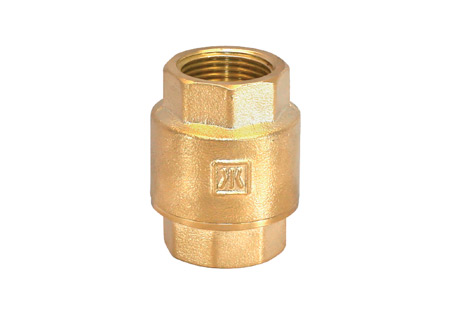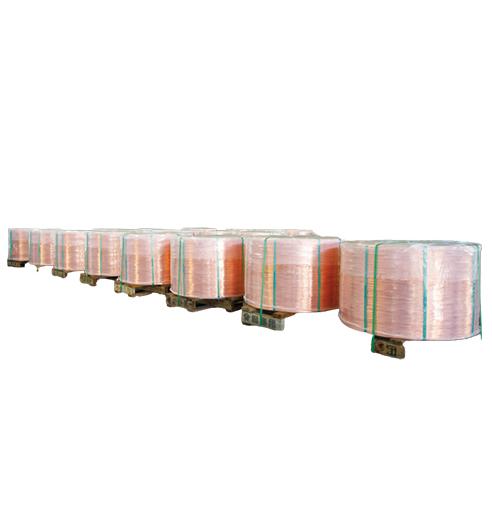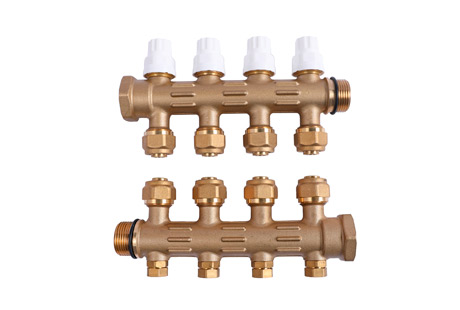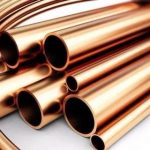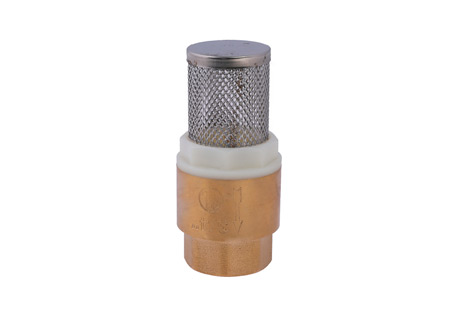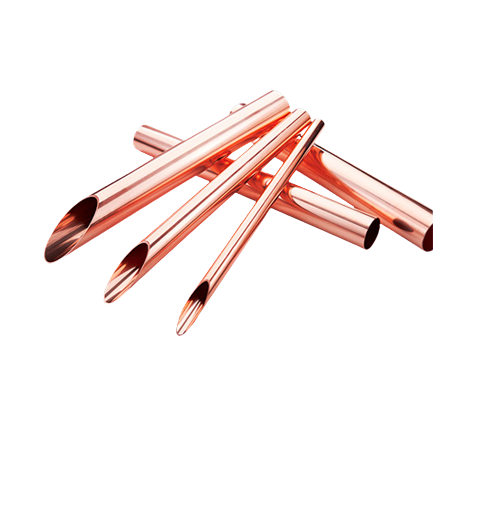Copper tubes have been used in refrigeration systems for many years due to their excellent thermal conductivity, durability, and corrosion resistance.
Why copper tubes are used in refrigeration system?
Thermal Conductivity
One of the primary reasons why copper is used in refrigeration systems is its excellent thermal conductivity. Copper is one of the best thermal conductors among all metals, meaning it can effectively transfer heat from one point to another.
Compared to other metals, such as steel or aluminum, copper has a significantly higher thermal conductivity. In fact, copper's thermal conductivity is approximately 20 times higher than that of stainless steel and over twice that of aluminum. This means that copper tubes can more effectively remove heat from the refrigeration system, leading to a more efficient and reliable system overall.
Durability and Strength
Another key advantage of copper tubes is their durability and strength. Copper is a highly durable material that can withstand the high pressures and extreme temperatures that are encountered in refrigeration systems.
Copper tubes are typically made from a high-strength alloy, which makes them more resistant to cracking or splitting under pressure. This is important in refrigeration systems, where the tubes are subjected to high-pressure refrigerant and oil.
In addition, copper has excellent resistance to fatigue, meaning it can withstand repeated cycles of heating and cooling without cracking or weakening. This makes copper tubes ideal for use in refrigeration systems, which experience frequent temperature changes as the refrigerant cycles through the system.
Corrosion Resistance
Copper tubes also offer excellent corrosion resistance, which is important in refrigeration systems where they are exposed to refrigerants and other chemicals that can cause corrosion and deterioration of the tubes.
Copper has a natural resistance to corrosion, due to the formation of a protective oxide layer on its surface. This oxide layer forms quickly and provides a barrier between the copper and the surrounding environment, preventing further corrosion.
In addition, copper is resistant to dezincification, which is a form of corrosion that can occur in brass fittings when they are exposed to certain chemicals. Dezincification can weaken the fittings and cause leaks in the system, but copper tubes are not susceptible to this type of corrosion.
Ease of Installation
Refrigeration copper tubing pipe fittings are also relatively easy to install, which can save time and money during the installation process. Copper tubes can be bent and shaped easily without the need for special tools or equipment, making them ideal for use in tight spaces or in systems with complex configurations.
Copper tubes are also easy to join together using brazing or soldering techniques, which creates a strong and leak-free connection. This is important in refrigeration systems, where even small leaks can lead to reduced system efficiency and increased energy consumption.
When installing an air conditioner, its indoor unit and outdoor unit must be connected together, and copper tubes are an indispensable part. When the air conditioner is in use, the refrigerant inside it will absorb the heat from the indoor unit and then release it through the condenser, and this process requires copper tubes for transmission. If the quality of the copper tube is not good, the service life of the air conditioner will be greatly affected, and as the temperature continues to change, cracking will occur. But if you use good quality copper tubes, you can avoid this phenomenon. Compared with other materials, the quality of copper tubes is still very good. This kind of pipe has better pressure resistance and strong corrosion resistance. At the same time, its service life will be relatively long, and its thermal conductivity is excellent, so it is used in air conditioners.
In addition, copper pipes have good ductility, making them easy to bend and less prone to damage when repeatedly bent. Another advantage is that copper pipes have multiple connection methods, including soldering and the use of connectors.
What copper tubing is used most in refrigeration and air conditioning work?
The copper tubes in the air conditioner are air conditioning refrigerant pipes, and their main functions are to store refrigerant and dissipate heat. Air conditioning refrigerant pipes refer to the pipes connecting heat exchangers, valves, compressors, and other major refrigeration components through which the refrigerant flows in the air conditioning system.
Most of the copper tubes in air conditioners are internally threaded copper tubes. Due to the increase in the inner surface area of internally threaded copper tubes, its thermal conductivity is 20 to 30% higher than that of plain pipes.
In refrigeration and air conditioning work, the copper tubing that is most commonly used is Type L copper tubing. Type L copper tubing is a thick-walled, high-pressure-rated copper tubing that is ideal for refrigeration and air conditioning applications.
Type L tubing is made from a higher grade of copper than the standard Type M copper tubing, which is thinner and more commonly used in residential plumbing applications. The higher copper content in Type L tubing makes it stronger and more durable, which is necessary for withstanding the high pressures and extreme temperatures that are often encountered in refrigeration and air conditioning systems.
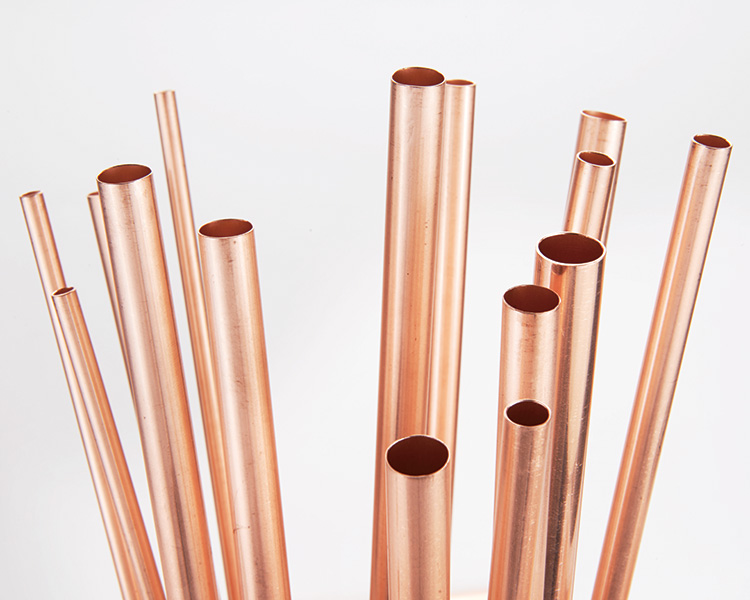
In addition to its strength and durability, Type L copper tubing also has excellent corrosion resistance and can withstand exposure to refrigerants and other chemicals commonly used in refrigeration and air conditioning work.
Overall, Type L copper tubing is the preferred choice for many refrigeration and air conditioning applications due to its strength, durability, and corrosion resistance.
As an established copper tube manufacturer, Jintian Group supplies copper tubes that provide excellent thermal and electrical conductivity, as well as corrosion resistance, strength, ductility and a wide temperature resistance. These properties, in addition to their superior formability and light weight, make copper tubes the most popular choice for plumbing, heating and cooling systems in residential, commercial and industrial buildings. Welcome to inquire.

 English
English 日本語
日本語 한국어
한국어 français
français Deutsch
Deutsch Español
Español italiano
italiano العربية
العربية tiếng việt
tiếng việt Türkçe
Türkçe ไทย
ไทย 中文
中文

